
Jay Price
Military Reporter

Military Reporter
![The Rev. Thomas Walker sings during a church service in Rocky Mount, N.C. He was diagnosed with an aggressive form of prostate cancer at age 47 and has become a prostate cancer activist. [Photo credit: Ethan Hyman/NewsObserver.com] The Rev. Thomas Walker sings during a service at Ebenezer Missionary Baptist Church in Rocky Mount. He was diagnosed with an aggressive form of prostate cancer at age 47 and has become a prostate cancer activist. [Photo credit: Ethan Hyman/NewsObserver.com]](/sites/default/files/styles/teaser_list_thumbnail/public/title_images/EBENEZER02-042615-EDH-1200_0.jpg?itok=JvOZlBvu)
African American men in North Carolina suffer from some of the world’s highest rates of prostate cancer, but it's not exactly clear why. That tip was enough to launch News & Observer reporter Jay Price on a long reporting journey that would take him to churches, barber shops and community meetings.
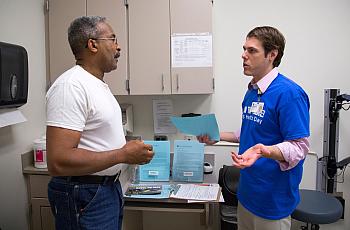
While North Carolina has some of the nation’s worst rates of prostate cancer among black men, it also has some of the country’s best intellectual resources to fight the disease.

The likelihood of black men getting prostate cancer and dying from it represent two of the biggest gaps between the health of black and white men in the United States. The gulf is particularly wide in North Carolina, where the odds of dying from prostate cancer are among the worst in the nation.
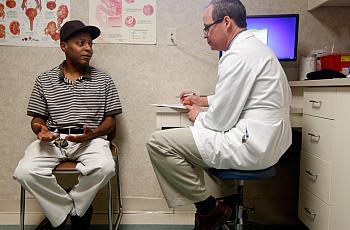
In 2011, a panel of medical experts said that men, regardless of age, should not get the long-used blood test for prostate cancer. The panel’s recommendations caused an instant uproar, with dissent coming in particular from urologists and oncologists.
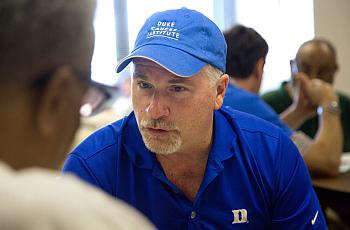
Steven Patierno, deputy director of the Duke Cancer Institute, disagrees withe the decision that screening is not helpful. He says the guidelines don't take into account prostate cancer's slow-growing nature.

Dr. Adam Zolotor thinks physicians should diagnose prostate cancer based on symptoms rather than screening. "I would pose to you that a usual source of care and a trusted physician or health care provider is the No. 1 thing we can do to get men diagnosed earlier and treated earlier," he said.
![Llewellyn Etheridge is 50 years old. That’s the age that doctors used to tell men to begin regular prostate screening, but Etheridge has no health insurance. (Photo by Ethan Hyman/NewsObserver.com] Llewellyn Etheridge is 50 years old. That’s the age that doctors used to tell men to begin regular prostate screening, but Etheridge has no health insurance. (Photo by Ethan Hyman/NewsObserver.com]](/sites/default/files/styles/teaser_list_thumbnail/public/title_images/prostate02-etheridge01.jpg?itok=lcb_Yjff)
Dr. Adam Zolotor thinks physicians should diagnose prostate cancer based on symptoms rather than screening. Here's why.
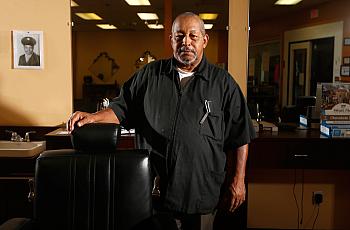
Using barbershops as channels for reaching black men with health information is a proven public health technique, one funded by government grants and charities in parts of North Carolina.
Dr. Ruth Petersen is the chief of the Chronic Disease and Injury Section of the North Carolina Division of Public Health. She talked with The News & Observer earlier this spring.
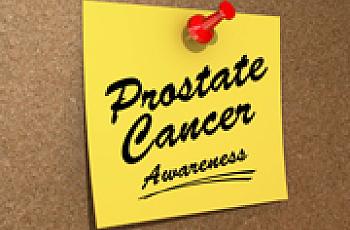
Among the greatest racial disparities in U.S. public health are those in the incidence of, and mortality from, prostate cancer. And in North Carolina, where African Americans have one of the world's highest mortality rates from that disease, the gulf is particularly wide: African American men have m